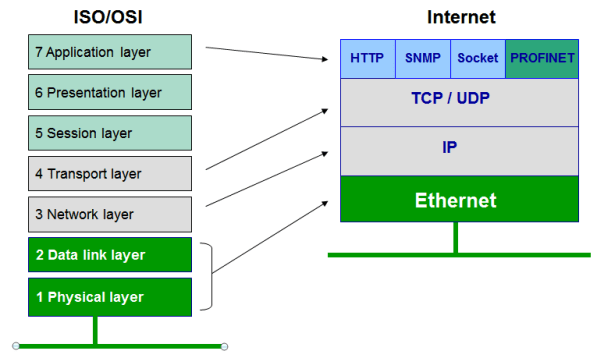1.Data types :
shortint, int, longint, bit , byte //signed and 2 state (0 and 1)
logic, reg, time //unsigned and 4 state (0,1,X and Z)
integer //signed and 4 state
2. user-defined datatype :
class, enumerations, struct, unions, typedef
3.Enumerations : it is strongly typed and if we want to insert error. also if we don't initialize, then each one will have unique value .
methods : first, last, next, prev, name
4. Structured and Unions :
In structures we can have different data types which we can't have in array.
Diff between structures and unions :
Same memory space is allocated for every members in UNIONS while in case of structures different mem space is allocated for each data members .
struct {int a; byte b; bit [7:0] c;} my_data ;
memory allocation for the above defined struct "my_data_struct".

union { int a; byte b; bit [7:0] c; } my_data;
Memory allocation for the above defined union "my_data_union".

5. Typedef :
It lets us define our own identifiers
typedef bit[3:0] nibble ;
advantage : reusable, shorter name, less error prone
shortint, int, longint, bit , byte //signed and 2 state (0 and 1)
logic, reg, time //unsigned and 4 state (0,1,X and Z)
integer //signed and 4 state
2. user-defined datatype :
class, enumerations, struct, unions, typedef
3.Enumerations : it is strongly typed and if we want to insert error. also if we don't initialize, then each one will have unique value .
methods : first, last, next, prev, name
4. Structured and Unions :
In structures we can have different data types which we can't have in array.
Diff between structures and unions :
Same memory space is allocated for every members in UNIONS while in case of structures different mem space is allocated for each data members .
struct {int a; byte b; bit [7:0] c;} my_data ;
memory allocation for the above defined struct "my_data_struct".
union { int a; byte b; bit [7:0] c; } my_data;
Memory allocation for the above defined union "my_data_union".
5. Typedef :
It lets us define our own identifiers
typedef bit[3:0] nibble ;
advantage : reusable, shorter name, less error prone

No comments:
Post a Comment